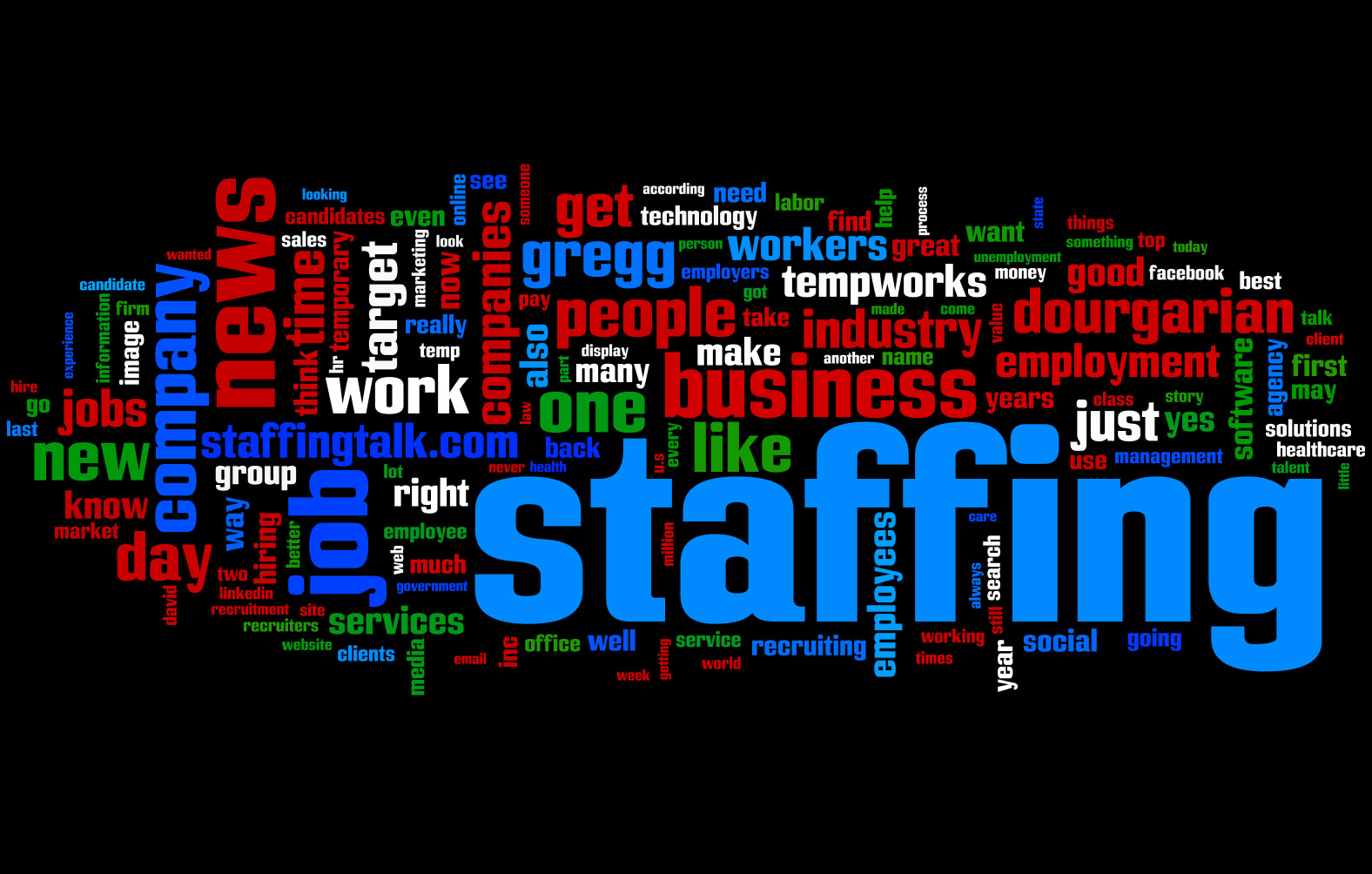For those who follow my various writings here and in the magazine, I am seriously concerned about the way in which we are being tracked, monitored, studied and captured by various kinds of Internet sites. Virtually all of the search engines and browsers. All the Social Networking sites. And about half of the ecommerce sites.
The latest:
1) Sony admitted to the theft of customer data for 20 million of its users for the PlayStation Network, including credit card data. No idea which thieves took the data, but Sony’s response was rated as tepid to downright sluggish.
2) Google is the target of legal investigations in a number of countries for its intrusion into privacy, and for its tendency to track and capture everything you do and say online.
4) Not to be outdone, Apple is in the hot seat for tracking people via its iPad and iPhone devices, and for storing the locations of its customers for an extended period of time. Google took a hit because its Android operating system used for phones and tablet devices does the same thing.
But beating out all of these entrants in the “We saw what you did, and we know who you are” competition is FaceBook. This week, Consumer Reports notes that FaceBook has permitted 7.5 million children under the Federally-required age of 13 to establish and maintain FaceBook accounts. And two thirds of these kids are under the age of 10.
The survey conducted by the magazine notes, “the minors’ accounts were largely unsupervised by their parents, exposing them to malware or more serious threats such as bullies and predators. Using Facebook exposes children and their friends and family to safety, security, and privacy risks. For example, 1 million children were harassed, threatened or subjected to other forms of cyberbullying…”
The reason I point this out to you is not that as parents you need to monitor what your children do online. If you don’t know that already, I have little to tell you. The point is rather that your clients include companies that are doing business on the web or are engaged in social networking services. And if so, you need to prepare them for the backlash that is coming.
In truth, many of the companies that are riding the latest Internet bubble have no business model other than to collect and sell the data about their customers. And while most of your clients may not fit into this category, chances are good that they have fallen under the seductive financial spell of selling that customer data in order to enhance the revenues from selling actual products.
On Capitol Hill, patience with this kind of intrusive data abuse is wearing thin. It is viewed as an economic problem that feeds identity theft and hacking of commercial web sites. And for you, the problem is that if the problem becomes large enough to require federal intervention, your clients may lose their ability to use the data they collect on their own customers.
From a risk management perspective, it would behoove accountants to find out EXACTLY how their customers’ data is collected and used, in order to assess the potential financial impact of legisation this year that alters their ability to use the data in any way they wish.
Thanks for reading CPA Practice Advisor!
Subscribe Already registered? Log In
Need more information? Read the FAQs




